Demand Response
Pennsylvania’s Yaw Bill
The New Demand Response
Demand Response

FERC Conference Highlights Challenges in Resource Adequacy
The Federal Energy Regulatory Commission (FERC) recently hosted the Co-Located Load Conference, a significant event that focused on resource adequacy, energy reliability, and the challenges of ensuring sufficient electricity supply amidst changing grid dynamics. As the energy landscape continues to evolve with the integration of renewable energy sources, the ongoing electrification of sectors like transportation and heating, and the growing demand for electricity, FERC’s conference highlighted the importance of adapting and modernizing resource adequacy mechanisms...
Related Articles

The New Demand Response
Demand response—in the traditional sense—is deceased. The new demand response, on the other hand, builds on lessons learned and provides the path for integration of technology, customers, and programs. This new definition of demand response is enabling active load management using price...
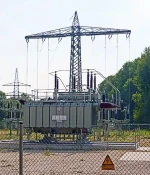
Smart Transformers: Enhancing Grid Efficiency and Reliability
The evolving demands of modern power grids necessitate the adoption of advanced technologies that can provide enhanced efficiency, reliability, and flexibility. Smart transformers are at the forefront of this technological revolution, offering a range of capabilities that significantly improve the...
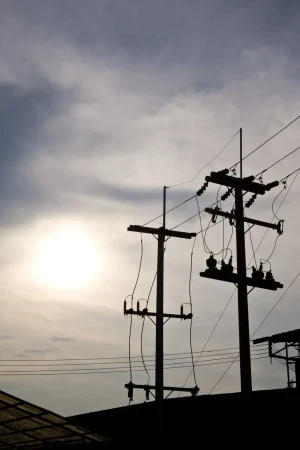
FERC Rejects PJM Transmission Planning Change
The Federal Energy Regulatory Commission (FERC) has rejected a proposal from PJM Interconnection, one of the United States' largest regional transmission organizations, to alter its transmission planning protocol. The decision represents a significant victory for state regulators who had expressed...

Historical facts on Ontario's peaksaver PLUS
Many electric utilities in Ontario have been providing the peaksaver PLUS demand response program to their customers. According to the peaksaver PLUS website, this program is designed to help customers reduce demands on the power grid. The program has proven to be very effective. During peak...
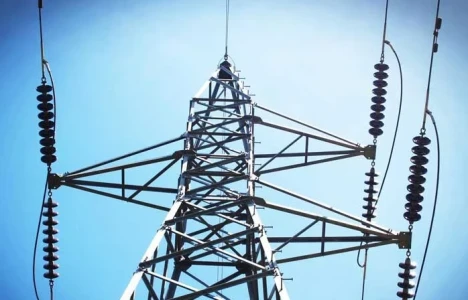
FERC Complaint Targets Duke, PJM Transmission Planning
A coalition of large energy consumers and ratepayer advocates has filed a complaint with the Federal Energy Regulatory Commission (FERC), urging the agency to prohibit transmission owners from independently planning "local" transmission projects exceeding 100 kilovolts (kV). The coalition argues...

Virtual Power Plants (Vpp) And Smart Grids: Integrating Renewable Energy For A Sustainable Future
The rapid shift toward renewable energy resources (RERs) has placed significant demands on traditional power systems. To address these challenges, modern energy infrastructure is evolving into smart grids, leveraging advanced technologies like Virtual Power Plants (VPPs) to enhance grid...
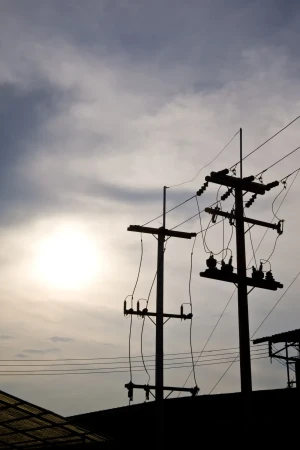
FERC Rejects PJM Transmission Planning Change
The Federal Energy Regulatory Commission (FERC) has rejected a proposal from PJM Interconnection, one of the United States' largest regional transmission organizations, to alter its transmission planning protocol. The decision represents a significant victory for state regulators who had expressed...

FERC Conference Highlights Challenges in Resource Adequacy
The Federal Energy Regulatory Commission (FERC) recently hosted the Co-Located Load Conference, a significant event that focused on resource adequacy, energy reliability, and the challenges of ensuring sufficient electricity supply amidst changing grid dynamics. As the energy landscape continues to...
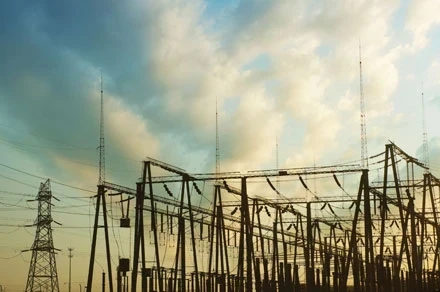
Pathways Initiative Proposes Regional Organization to Oversee Western Power Markets
In a landscape characterized by evolving energy demands and increasing pressure to transition to renewable sources, the Pathways Initiative is proposing a significant restructuring of power market oversight in the Western United States. This initiative seeks to create a regional organization that...
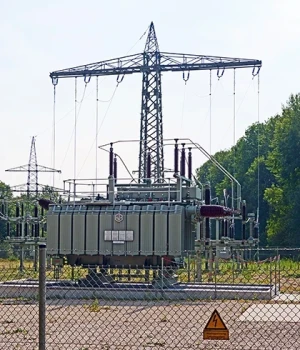
Smart Transformers: Enhancing Grid Efficiency and Reliability
The evolving demands of modern power grids necessitate the adoption of advanced technologies that can provide enhanced efficiency, reliability, and flexibility. Smart transformers are at the forefront of this technological revolution, offering a range of capabilities that significantly improve the...
